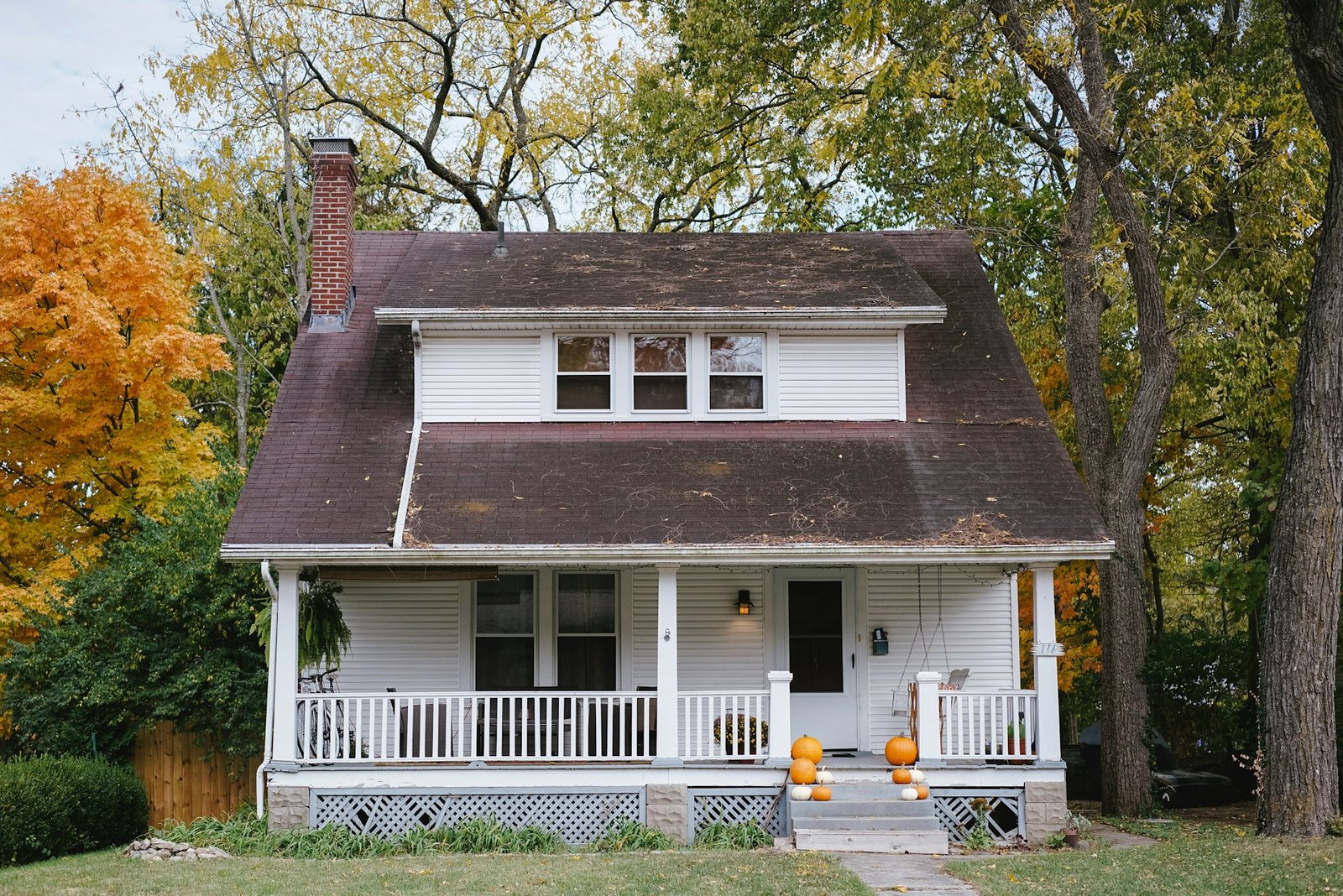Your home and your personal possessions may be left in ruins floods, earthquakes, and other natural disasters pass.Such acts of God can destory hundreds of homes in your neighborhood in just one night- or even more catastrophically thousands of Houses! of course, all this requires that you have enough home insurance coverage to protect your interests.When a disaster strikes, many times what people are left worrying about is how to cover their losses. To this end, this article will give a few tips based on floods and earthquakes that can help you make sure you’ve got the right insurance.
Understanding the Risks
Before buying insurance, make sure you appreciate the risks in your area. You should investigate the history of natural disasters there; this will help to gauge future probabilities. For example, if you live in a floodprone zone or near a fault line, then not only are you more likely to experience both flood and earthquake but you should also note that accordingly every one of these occurrences will be at risk in its own right.
Flood Insurance
Generally, the homeowner insurance policy doesn’t cover flood damage. If you live in an area at high risk of flooding, you may need separate insurance to cover this event. The following is a guide to making sure your flood insurance coverage is adequate:
Evaluate Your Property’s Flood Risk Factor: Use resources such as the FEMA Flood Map Service Center to check for the flood risk at your home.
Risk cannot be converted into doing something. This is simply the case; correct translation: Coverage Limits: Be sure to set your coverage limits high enough, both to rebuild your home and replace your stuff in the event of a total loss.
Policy Knowledge: Recognize what is and is not covered. Some policies might cover damage to a structure but not its contents, or vice versa.
Additional Living Expenses: If a flood renders your home uninhabitable, you may want to have coverage in place for temporary living expenses. to Return to the top.
Earth Quake Insurance
Like flood insurance, earthquake coverage is frequently left out of standard policies and must therefore be bought separately. The following are pointers for proper earthquake insurance coverage:
Determine the Coverage Needed: If you live in an earthquake area, you should have earthquake insurance.
Construction: Your insurance should take care of the cost to repair or rebuild your household structure.
Personal Property: Besides dwelling coverage, choose a policy that also protects your personal property in the home.
Loss of Use: This provides additional living expenses if, after the earthquake, you can’t live in your house.
Tips for Buying Natural Disaster Insurance
Shop Around: You should get quotes from a few different insurance companies as you research what they’re offering.
Read the Fine Print: Confirm, watch for and accurately understand the terms, conditions, exclusions, and deductibles of your coverage.
Update Your Policy Regularly: Raise the coverage levels on your policy as the value of your house and its contents changes.
Document Your Belongings: Keep an up-to-date inventory of your possessions with photos or videos so that you can easily check their claim status when needed.
Consider Additional Coverage: Depending upon your location and the value of your home, you may need additional coverage to protect against other natural disasters like wildfires or tornadoes regardless if they a direct result of location_now happening on top of where that gallery is located instead.
Conclusion
The payment of natural disasters for homeowners hit rich rewards. By identifying your risks, choosing the right policies, and keeping up with awareness of your own coverage, you can secure both your home and your financial future against the unpredictable forces of nature. Take good care of yourself.})
Thanks for your time. May heaven bless you



